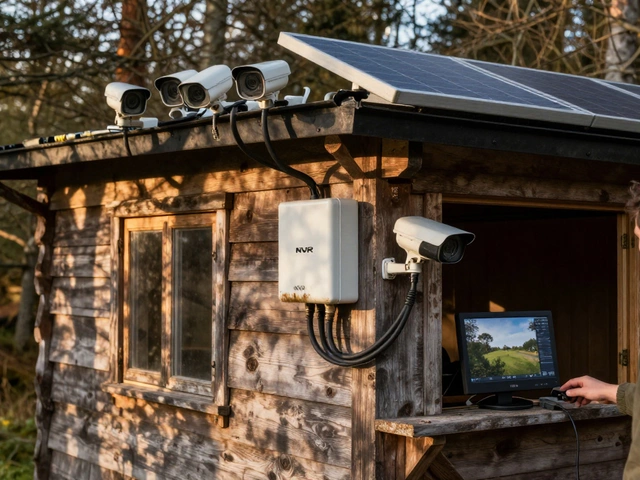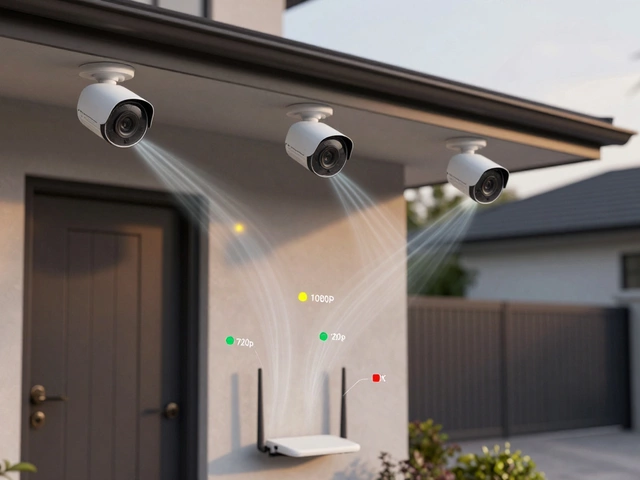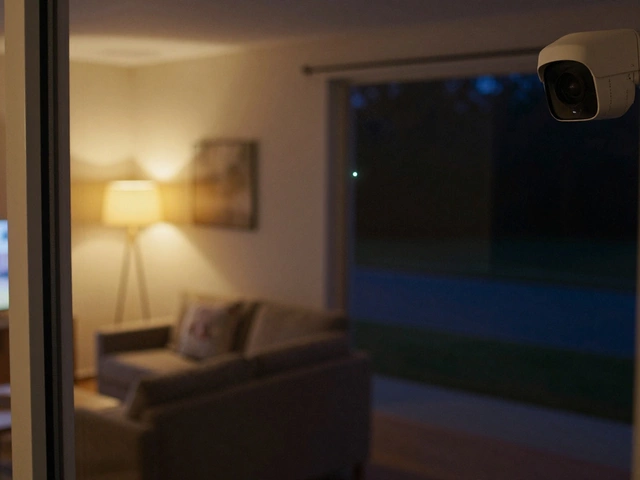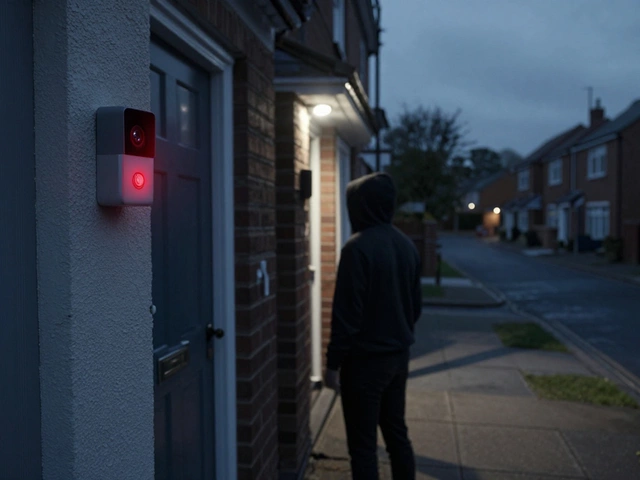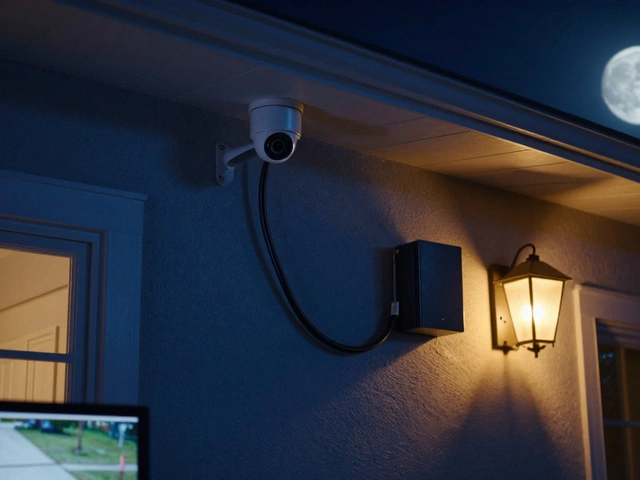Alarm Function Explained: What Sets It Off and How to Keep It Working
Ever wondered why your alarm goes off at the most inconvenient times? It’s all about the alarm function – the brain behind any security system. In plain terms, the alarm function decides when to shout, flash, or call for help. Understanding it helps you avoid false alerts and makes sure you’re really protected when it matters.
What Triggers an Alarm?
The most common triggers are motion sensors, door/window contacts, glass break detectors and smoke or carbon‑monoxide alarms. Each sensor talks to the control panel, and the panel runs the alarm function to decide whether the event is genuine. A door sensor that opens while the system is armed will instantly fire the alarm. A motion sensor might need a set sensitivity level – too high and a pet will set it off, too low and a thief could sneak by.
Besides the obvious, some systems also use temperature spikes, water leaks, or even power loss as triggers. The alarm function can be programmed to treat each of these differently. For example, a power outage might just send a low‑priority alert, while a forced entry sends a loud siren and a call to the monitoring centre.
How to Keep Your Alarm Reliable
First, test each sensor regularly. A quick press on a door contact or a wave in front of a motion sensor shows whether the panel receives the signal. Second, set the right sensitivity. Most modern panels let you adjust it from the app or keypad – start low and work your way up until you stop getting false alarms from pets or passing cars.
Third, keep the power backup in check. Many alarm functions switch to battery mode if the main power fails. If the batteries are old, the system might go silent when you need it most. Replace them yearly or whenever the panel signals low voltage.
Lastly, think about communication. A wired line, cellular, or Wi‑Fi backup each has pros and cons. The alarm function can be set to use a secondary method if the primary one drops, ensuring you stay connected to the monitoring centre.
By knowing what the alarm function does and how it decides to act, you can fine‑tune your system and avoid those annoying false alerts. It also means you’ll have peace of mind that the alarm will actually work when it counts.
Need help tweaking your alarm settings? Our experts at Birmingham Security Command Center can walk you through sensor placement, sensitivity settings, and backup power options – all tailored for UK homes and businesses.


